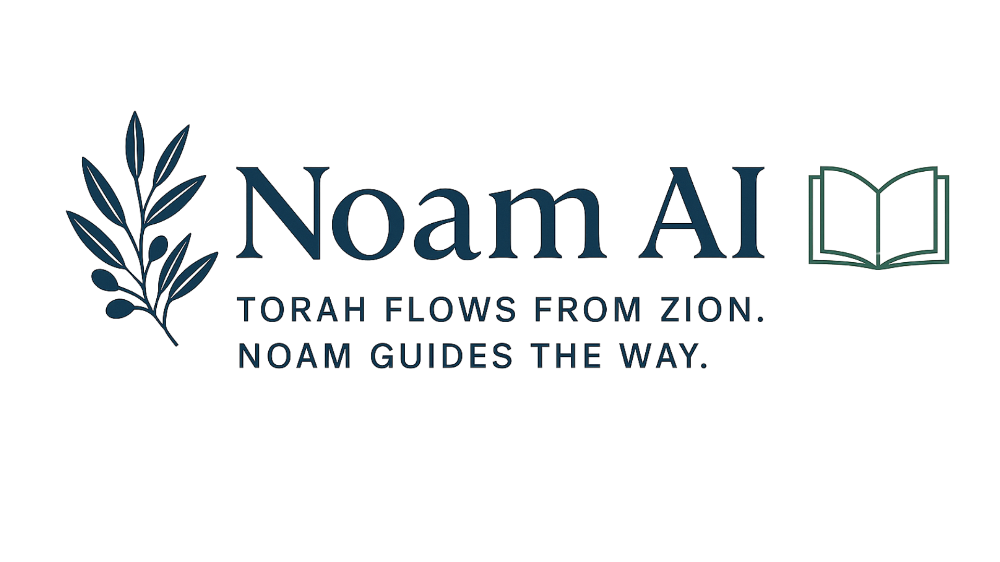Robust Theme
Dec 09, 2019 2020-04-08 7:40Robust Theme
Why Learn to code "The Code?"

Coding is a skill set sought by young computer-savvy kids, youth, and adults that desire employment in high-tech today. So we could say, "Coding is all the rage today."
However, for many older adults, coding equates to learning a foreign language and is simply unattainable. What if I told you that G-D instituted coding through Moses and parents mindful of their children's future have been coding for years? Jewish parents mindful of the role of the Torah in Jewish life, as well as Christian and non-Jewish parents who understand G-D's moral authority on the earth, have been using The Code to code for thousands of years.
And, we find an introduction to The Code and coding in Parshat Re'eh.
Parshat ראה Re'eh covers Deuteronomy 11:26-16:17 and the Haftorah portion: Isaiah 54:2-55:5. It emphasizes the importance of not just hearing but also visualizing, perceiving, pondering, considering—seeing with not just your physical eyes but with your spiritual eyes, as well.
The English translation of the Hebrew word Re'eh in Deut. 11:26 is "behold." It is the exact translation of the Hebrew word "Hinei"—"Behold." However, the Hebrew word Re'eh unpacks a much deeper meaning to the context of the text. Let's take a look.
What if every child began its early development with moral coding, instead of "gootchi gootchi goo" coding, "Disney" coding, or "Sesame Street" coding?
After all, all children are made in the image and likeness of G-D.
Are you aware that G-D gave us the ability to Code blessing upon ourselves and our children?
Coding may seem like a strange term when teaching a child; however, when we look at the Torah, especially in the book of Devarim, we see that "code" is connected to G-D's creation process and purpose.
Here's a list of some of G-D's categorical coding found in the Torah:
-
Moral coding
-
Relationship coding
-
Government coding
-
Justice coding
-
Domestic life coding
-
Financial coding
-
Blessed life coding -faith, prayer, worship, righteous living
-
Religious Institution coding
And, we learn in Parshat Re'eh that these coding categories are given for blessing but, if not heeded, can invoke the law of cursing.
The concept of blessing and cursing is an easy concept to teach children at mealtime. Consider the following:
If you place two plates of food before the child, one full of macaroni and cheese and the other full of veggies, your child will instantly choose the plate of preference.
The child may see one as yummy and the other as disgusting (pushing it aside).
Now, I'm not suggesting that "Mac & Cheese" is healthier, but it's more appealing for most children.
Appealing is good! Especially when you want your child to eat!
Consider that morally appealing concepts can forge a child's understanding of good and evil, right and wrong, holy and profane if taught creatively and consistently. So, even at a young age, moral coding has long-lasting benefits.
Hence, in chapter 11 of Devarim, G-D tells Moshe Rabbeinu to instill an understanding that there are "two paths" for every generation to consider.
How? Through both word and action.
The tribes of Israel, upon entering the Land of Israel, were instructed to go to two opposing mountains, Gezerim, the mount of blessing, and Ebal, the mount of cursing, and shout this command back and forth.
Another action included affixing the Words of the Torah to their gates and doorposts.
Today this action is connected to "placing a Mezuza" on the doorpost and room entrances of every Jewish home.
G-D also commanded parents to teach their children the Shema and the Torah from morning until evening.
According to G-D, the entire future of National Israel depended on making "the right choice."
What makes moral coding relative and essential is its relationship to free will.
Consider that the Nation and its individuals were endowed with free will and choice.
When G-D set the blessing and the curse before Israel, He gave Israel the power and authority to choose its destiny as a collective.
Collective and individual responsibility determined the outcomes of blessings or curses. Moses gave the guidelines, but the choice was up to the people.
So as noted in the beginning, Hashem starts off the instruction with the words, "ראה ונותן See and Set" (Give).
G-D wanted Israel "to see, to "envision, and to understand" that He gave them the "choice" to pursue blessing or not.
So often, we believe that whatever is put before us, we must eat it or succumb to it. And instead of keeping in line with our conscience, we say, "live and let live," however G-D does warn that there are consequences to "doing whatever is right in our own eyes."
And therein lies the slippery slope of deception as Devarim 12:8 clearly articulates, "You shall NOT do after all that we do here this day, every man whatsoever is right in his own eyes" (everyone creating their system of worship).
Doing "what is right in your own eyes" destroys the fabric of society, its national identity, and all the benefits and blessings associated with them.
Hence, when G-D set out to create a nation for Himself that would reflect His character and moral governance, he invoked free will and free choice. And he reiterates over and over, "your choices will determine your destiny."
Furthermore, at the same time, He lets Israel, and even us today, know that He'll be there to help us navigate through wrong choices, but every choice has consequences.
This is the intro to The Code Moses delivers to Israel in the remainder of Devarim.
If you are not Jewish, this is a very insightful video by Rabbi Sacks' on the Parshat Re'eh: He discusses the real meaning of Tzedakah and how it can eliminate Poverty.


